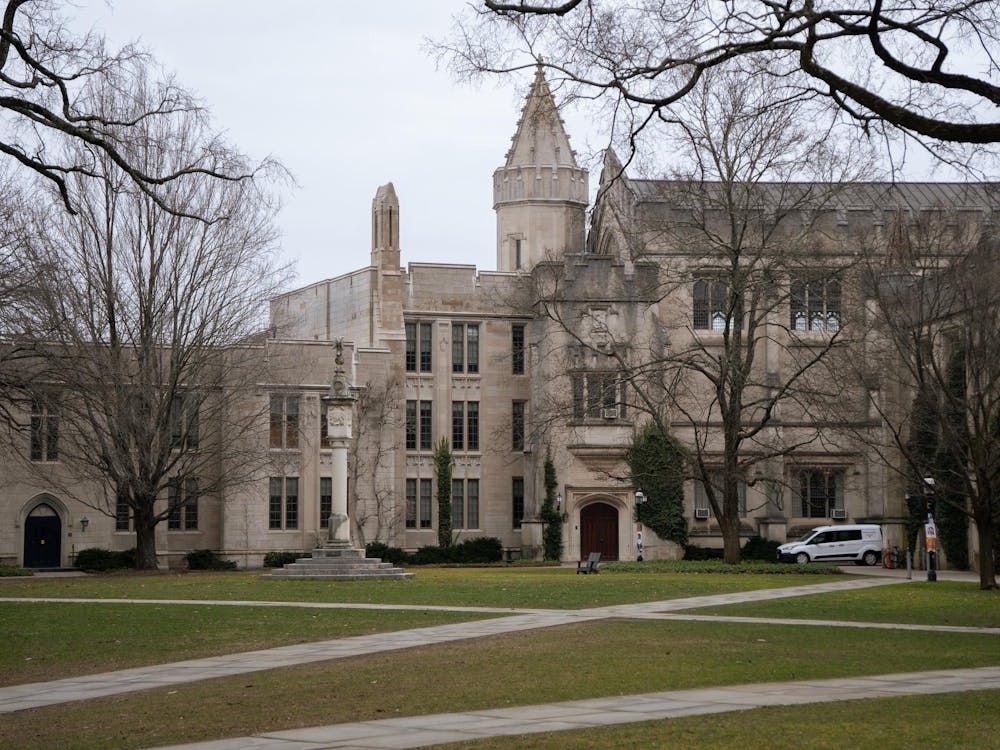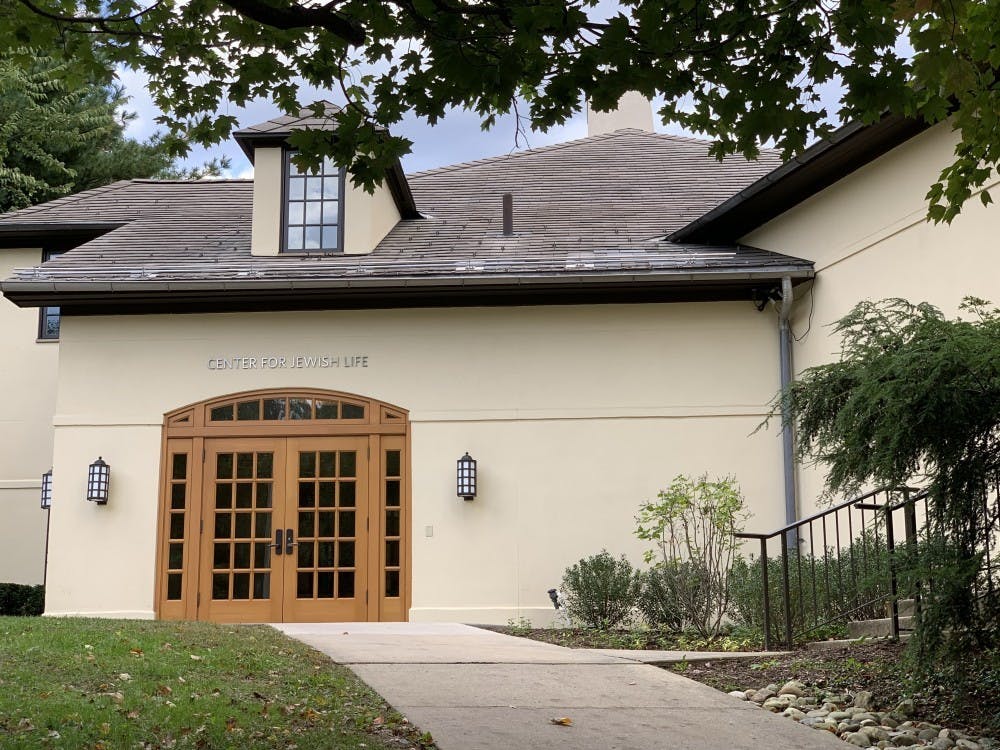The primary changes that we advocate to bring University policy in line with these standards would involve amending “Rights, Rules, Responsibilities” to explicitly recognize students’ rights to privacy in their dorm rooms. Now, when the University wants to search a student’s dorm room, RRR allows the search, stating: “Those whose behavior infringes on the rights of others have, in essence, forfeited that privacy.” “That privacy” refers to the student’s right of privacy in their dorm room. The problem with this part of RRR is that it cannot be known a priori whether a student has indeed violated the rights of others before a search is conducted of their dorm room, so the presumption should be that a student’s right to privacy remains intact.
Furthermore, the U.S. Constitution requires that government officials demonstrate probable cause and obtain a warrant from a judge before conducting searches. While the University’s standard of “reasonable suspicion” is not explicitly defined, in its typical legal instantiation, “reasonable suspicion” is a lower standard of cause than “probable cause.” We believe that “Rights, Rules, Responsibilities” should be amended to use a “probable cause” standard, which typically involves the existence of certain circumstances or evidence that would lead someone to believe that a crime (or in this case, University policy violation) has taken place. In situations where someone’s health or safety is believed to be in imminent danger, neither police officers nor University officials would be prevented from entering a student’s room under a probable cause standard, as a number of reasonable exceptions to the standard procedure would apply.
While these changes might sound purely technical, they would be substantial for two reasons. First, the University would be making an important normative commitment to the idea that students in dorm rooms deserve the same amount of privacy that the law guarantees them against the government. Second, this change will hold University officials to higher standards in making decisions about whether to enter a student’s room against his or her wishes.
A student living in a dorm room deserves the same security and privacy in his room as is guaranteed to a renter in an apartment or a person in a private home. The fact that the University owns the property, or that the student will leave the room after a year, does not diminish these rights. That the University must use private investigators rather than Public Safety and police officers — who would be bound by laws that protect students’ rights — in these cases is strong evidence that students deserve a higher level of privacy protection than is currently provided. While the punishments Princeton can impose are not as serious as those of the criminal justice system, the University’s ability to severely impact the entirety of students’ lives with the permanent black marks of suspension and expulsion for violations of University policy also merits these serious procedural protections.
Amending “Rights, Rules, Responsibilities” to include stronger protections of student privacy would be an important demonstration of Princeton’s commitment to student rights. Furthermore, doing so would provide Princeton with an excellent didactic opportunity to make students informed not only about its own policies but the constitutional protections which guarantee their rights against the government — invaluable knowledge for the rest of their lives.







